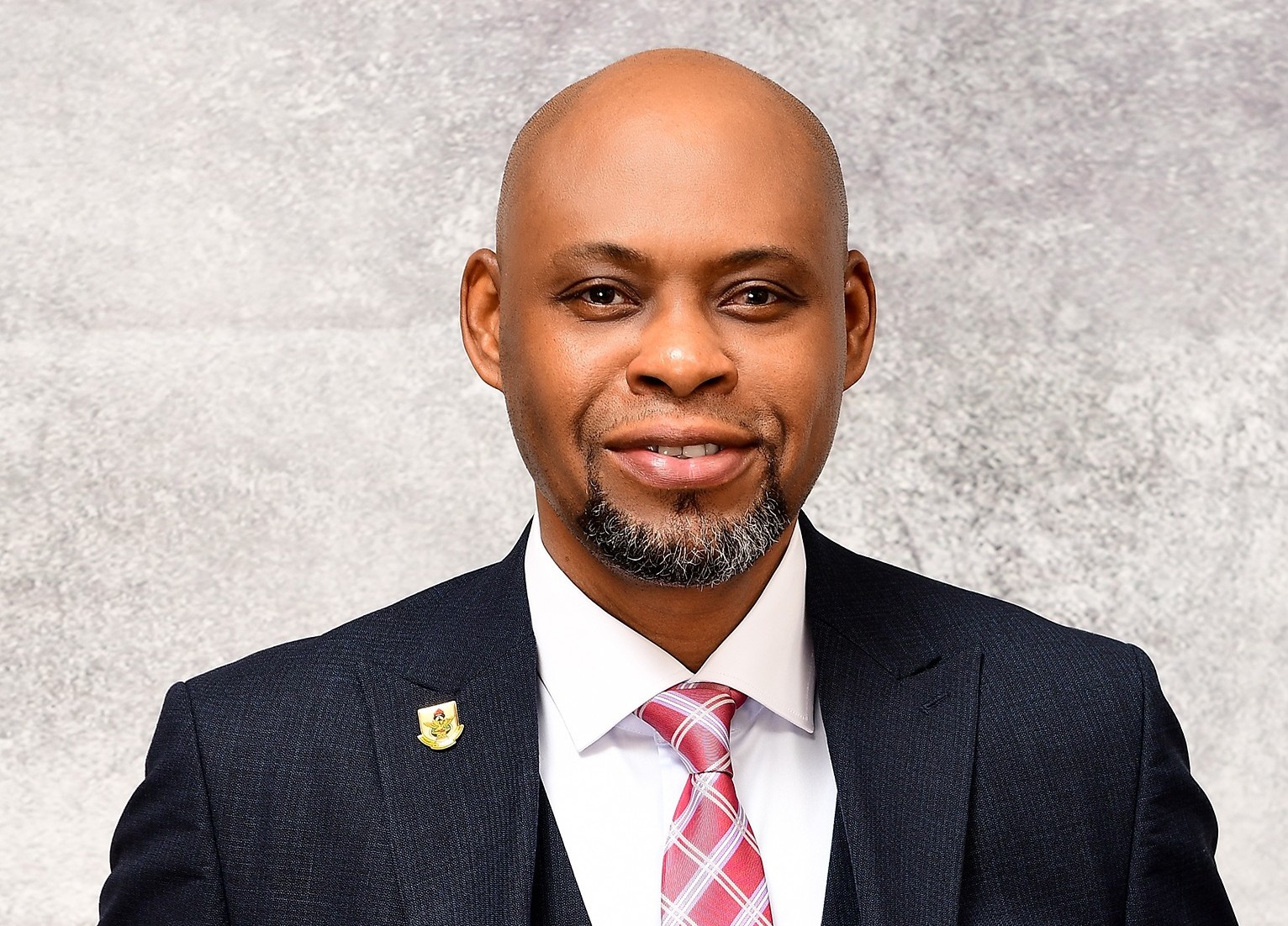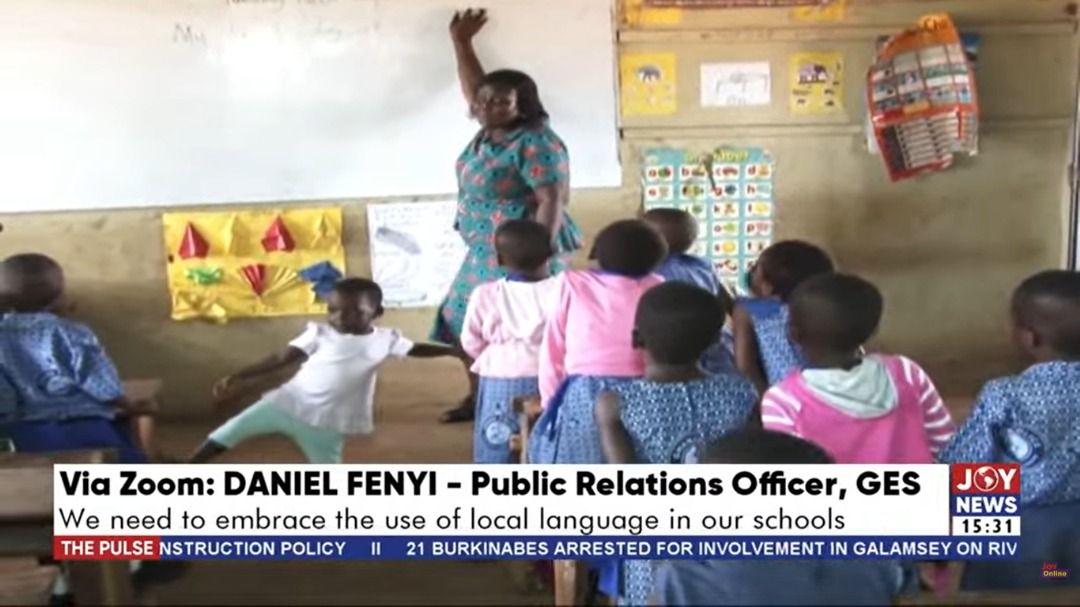Copyright myjoyonline

In 1999, Emmanuel was admitted to KNUST to read a BSc programme in Building Technology, from which he graduated with first-class honours in 2003. During this period, his name was a constant feature on the Dean’s List, an honours list of high performers in the Faculty. After graduation, he worked as a Teaching Assistant in the then Department of Building Technology. He was later offered an MPHIL/PHD scholarship under a Staff Development Programme initiated by the former Vice Chancellor, the late Professor Kwesi Andam. With a study abroad grant from the Teaching and Learning Innovation Fund (TALIF) and Ghana Education Trust Fund (GetFund), Emmanuel had the opportunity to undertake part of my studies at the globally acclaimed Water Engineering and Development Centre (WEDC) at Loughborough University in the UK. In 2009, he joined KNUST as a lecturer in the then Department of Building Technology (BT). He was promoted to Senior Lecturer in 2013, Associate Professor in 2019, and Full Professor in 2022. His appointment as the Dean of FBE is the latest in a series of opportunities he has had to serve the University in various capacities in the past. This one, however, feels special because he will be providing leadership in a place where it all began for him as a young student. About FBE - A community of purpose and excellence The Faculty of Built Environment (FBE) brings together over 5,500 students across four dynamic departments: Architecture, Construction Technology and Management, Land Economy, and Planning. It offers 7 undergraduate and 33 postgraduate programmes, creating one of Africa’s most comprehensive platforms for built environment education. FBE’s research excellence is exemplified through the Centre for Settlement Studies, which advances critical research on human settlements, urbanisation patterns, and sustainable community development. This research centre serves as a hub for innovative scholarship that addresses pressing settlement challenges facing Ghana and the broader African continent. But FBE’s strength lies not in numbers alone. What truly distinguishes it is its shared commitment to preparing professionals who will design the buildings that define our skylines, plan the cities where millions will thrive, manage the infrastructure that connects communities, and steward the land that sustains us all. This role demands more than technical skill. It requires vision that sees beyond the immediate. It calls for ethical leadership that centres on community needs. It requires courage to challenge conventions when better solutions exist. FBE firmly believes that transformative education occurs beyond the classroom. Its students learn in design studios where ideas take form. They work on construction sites where theory meets reality. They engage directly with communities, understanding that the best solutions emerge from listening as much as from expertise. They collaborate with industry leaders who share real-world challenges and opportunities. Its faculty members are more than educators. They are practising architects, construction managers, planners, facility managers and researchers. They have designed award-winning buildings, managed complex projects, advised government bodies, and published research that shapes international conversations. The work that awaits Ghana needs skilled, visionary built environment professionals. The African continent needs leaders who understand how to build sustainably at scale. The world needs people who can address the complex interplay of urbanisation, climate adaptation, resource efficiency, and social equity. The problems we face today resist simple solutions. Rapid urban growth brings both opportunity and strain. Climate pressures require rethinking systems that have worked for decades. Limited resources demand creativity and innovation. Social inequalities call for designs that serve all people, not just the privileged few. The work at FBE matters profoundly. How we build determines how we live. The decisions we make as professionals echo across generations. To build a future worthy of the aspirations we hold for Ghana and for our world, FBE’s role as the foremost Built Environment Faculty in Ghana and one of the best in Africa and the world cannot be overemphasised. About the Dean Professor Emmanuel Adinyira is a distinguished academic and professional in construction project management, currently serving as a professor in the Department of Construction Technology and Management at the Kwame Nkrumah University of Science and Technology (KNUST) in Kumasi, Ghana. He holds the distinction of being the youngest academic to achieve the rank of professor in this discipline in Ghana. He holds a PhD in Building Technology and has extensive experience in both industry and research, particularly in construction project management. His scholarship has influenced both research and practice, addressing critical issues such as urban sustainability assessment, green building certification, sustainable housing delivery, and occupational health and safety culture in construction. Professor Adinyira is a Fellow of the Ghana Institution of Construction (FGIOC), a Fellow of the Occupational Safety and Health Association, UK (FOSHA-UK), a Member of the Ghana Institution of Surveyors (MGhIS), a member of the Institution of Engineering and Technology, Ghana (MIET GH), an Affiliate Member of Centre for Sustainability and Resilient Infrastructure & Communities (SaRIC), London South Bank University, UK and a Member of the International Society for Development and Sustainability (MISDS).



